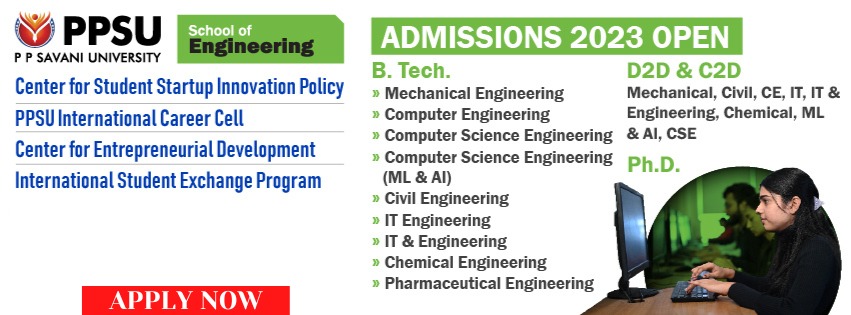Life After College
Once you’ve finished college, you might exhaust yourself preparing for exams and perform this tiresome activity for several months, which will make you dormant and non-productive. One only talks about what’s next after achieving success, but no one wants to talk about what if they fail.
Grad students are left in the dilemma of choosing their career paths, either of which firm to join or they should continue with their family business. What to do after you’ve finished your degree, moved out of the college campus, how to continue on life easily.
It’s just like watching a thriller movie, and life seems a bit disappointing when you walk out of the theatre. After completing your graduation, you must be looking for moving to a new city and a new job, before that you should refresh your learnings of college life.
1. Revise your Notes
When you’ll start working for a firm, you’re expected to have professional ethics and be industry-ready. You might have spent enormous time with your learning material and secondary sources to get inspired by any scholar’s ideas, but it keeps you away from developing your own thinking skills.
Going through your notes, interviews, and experiments will teach you how to deal with such questions when they arise in the real world, as you’ll see them with fresh eyes. You’ll start approaching the old projects from new angles with a conceptual mind-set, and start researching it on the internet to look out for new aspects not considering exam preparation in your mind. This will add management and technical qualities to your persona, and make a professional out of you.
2. Prepare Rookie Outlines
What keeps you from starting on a new project is, you keep thinking about how to initiate. Trust your gut, and go with the flow on creating rough outlines of your ideas, this will loosen you up a little bit and develop your confidence for quick responses.
Consistency and dedication are a must if you want to contribute to the overall growth of any project, it is perfect for the long-term. But sometimes you should take the pressure off and start working on questions you find challenging to yourself, should find solutions and be able to explain it to others in an effective way. Organize your work so that it can be read easily by the people, and you’ll find recognition for your work.
Preparing rookie outlines like writing on sticky notes, using colorful markers, jotting down your thoughts on notecards will create a mind map that will help you in finding solutions to complex real-life problems fast. This will either lead you to reach a solid outline or spend your valuable time sorting through your own ideas. This methodology will help you in developing your mental skills and you’ll be able to visualize the flow of everything right in front of you.
3. Work on Standard Ideas
It’s time to re-read your past work to learn from your failures and successes, and if you feel idle after surviving your exams and you don’t want to relive it, you must work on standard ideas. Revisiting your exam papers must be a hard job now, but when you’ll examine it with the viewer’s perspective and not as a student, you’ll be comparing your judgment now with the one who you were when you initiated with any project.
Looking over your previous work like old annotations, seemingly unrelated papers will inspire you, and will remind you of what you love about your projects and will let you revamp and revive old methods in your current work. You can rebuild on your old ideas, and carry on with a great project again to reach the summit.
4. Consulting an advisor
Producing a well built, finished high-end product requires going through a lot of struggle and then reaching the apex. Well, it takes a lot to reach out this far, and you can’t do it all alone. You should consult your advisor frequently if you feel uninspired and is scared of making mistakes, you can reach out to your peers and your loved ones who are your support system. When you’ll get comfortable, and can tell them exactly what you’re struggling with. They are your support system, and will undoubtedly provide you the better feedback about your projects rather than anybody else.
They help you to take a firm stand based on your ideas, but they can help you only if you keep them updated regularly. Whenever you’re stuck, want to change projects, and have no idea what to do next; your consultants are going to remind you that you’re not in this alone and there’s a team of people behind you who want you and your project to flourish. The worst thing to do after exams is nothing, rather opt for going back to the beginning, lowering the stakes, revisiting your old ideas and reaching out for help as any small progress is still considerable progress.
After graduation, you should plan to live your life with your own terms. It is said, that professionals have worked really hard in their 20s to achieve the level of success at which they are today. Either you can write down some life goals, create a budget and start a savings account or focus on breaking a bad habit, and get industry certificates and join an internship. You can spend in evergreen assets, should escape the social media bubble and start building your career based on your experience.
You can start reading biographies of people you admire and learn from the masters of specific domains. College life is admirable as your several mistakes were forgiven at this learning stage, and you were always given a chance to grow and outlive your faulty side. But the real world is not the same, it’s going to pin you down on the slightest mistake which you’ll commit, so you need to develop professional skills to cope up with the far-fetched firms, whose environment and workflow doesn’t burden you.

















Leave a comment